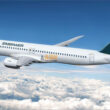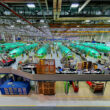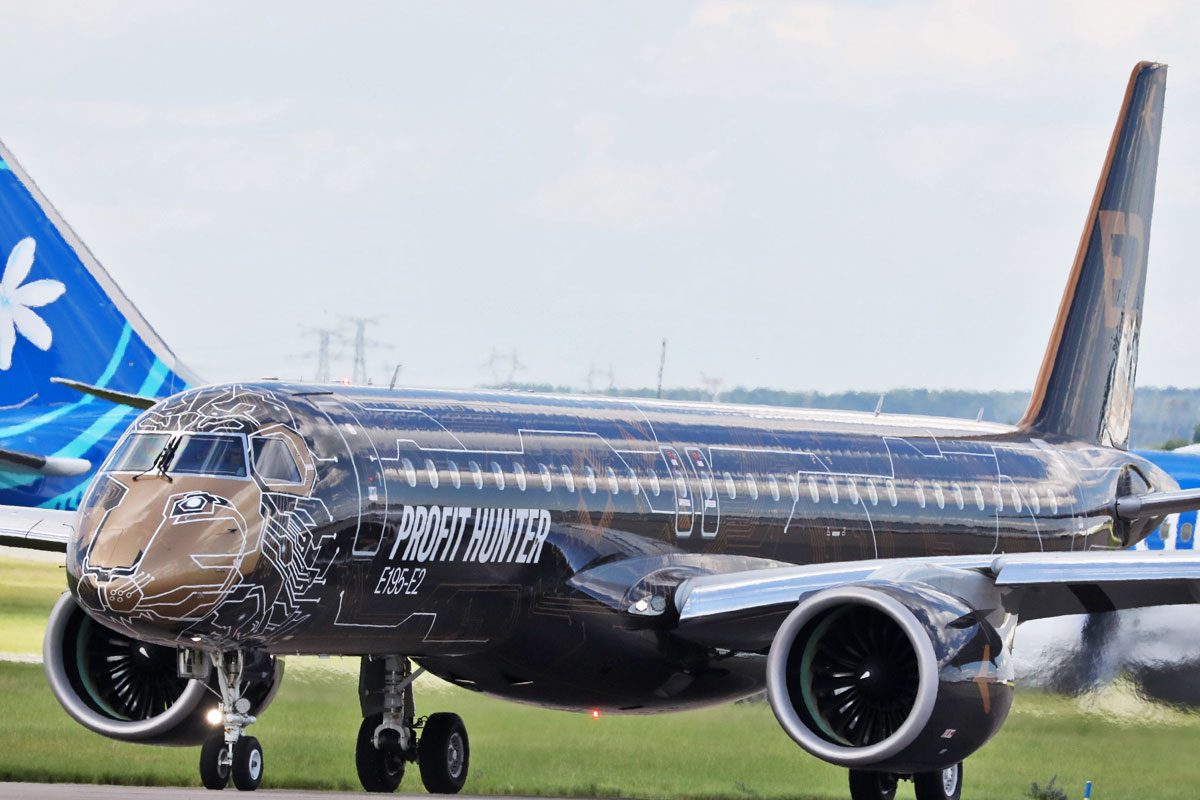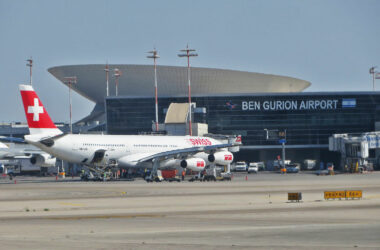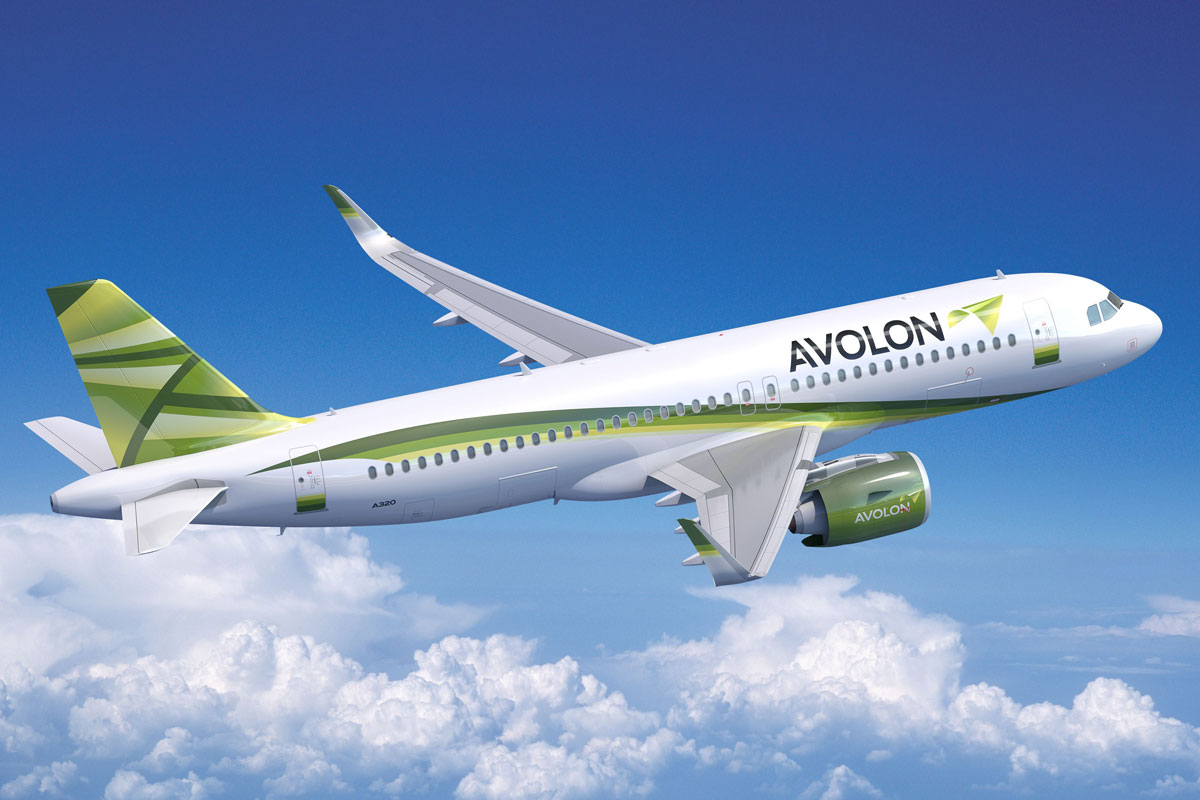Boeing has chosen to relocate a large number of its engineers to support the development of the 737 MAX and 777X programs, which have faced delays and failures in recent years.
The decision, revealed by Air Current, includes skipping the promising Transonic Truss-Braced Wing (TTBW) technology program, agreed with NASA.
Internal company memos checked by the outlet reveal that Boeing is excited about the program, but says it is more important to fulfill its commitment to its customers on its commercial aircraft.
Follow Air Data News: WhatsApp | Google News | Instagram | LinkedIn | Twitter | Facebook
The concept aims to validate the use of extremely thin and long wings supported by supports in order to generate great efficiency in fuel consumption.
To test the concept, Boeing and NASA are converting an old McDonnell Douglas MD-90 jet into the X-66A.

The Sustainable Flight Demonstrator is expected to fly in 2028, but the removal of engineers from the project could delay its execution.
Boeing even stated that the TTBW could help define a replacement for the 737 in the coming years.
According to the outlet, the planemaker wants to stop the temporal bleeding of the main commercial aircraft programs.
Among the problematic planes are the 737-7 and 737-10, from the MAX family, and the 777-8 and 777-9 widebodies.

All are delayed in development and undergoing intense scrutiny from civil aviation authorities.
Customers such as Lufthansa and Emirates Airline, which will receive the first 777-9, have already declared that they do not believe in Boeing’s official deadline, which intends to deliver the first jets at the end of 2025.
Reuters tried to hear from Boeing, but had no answers until the article was published.


